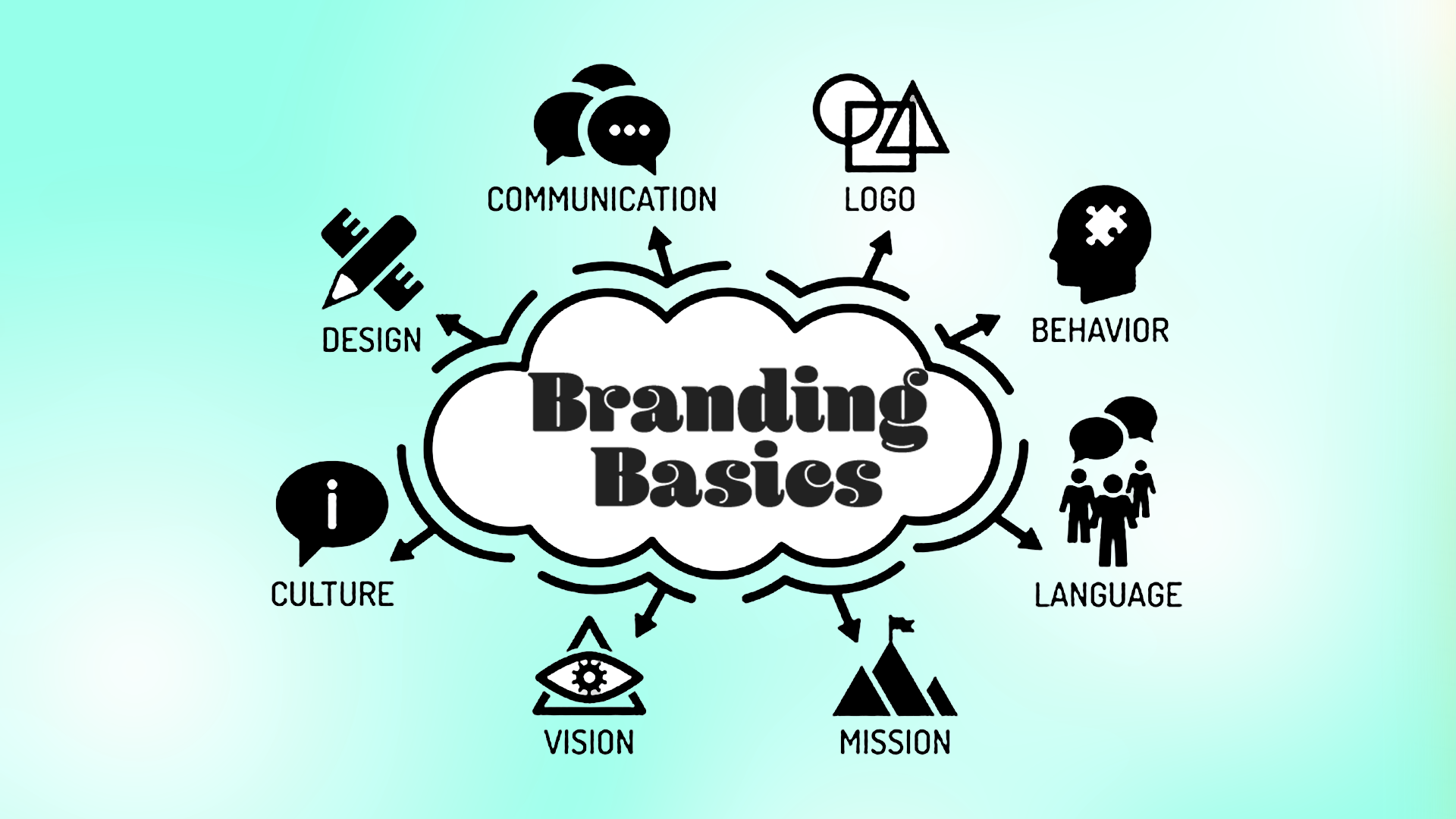Branding Basics

Branding is the way a business defines and presents itself to the world.
The Dive
Branding is the identity of a business. It's the way a business presents itself to the world and the impression it leaves on customers. While many people think of branding as just a logo or a name, it is much more than that. A brand represents a company’s personality, values, and the promise it makes to its customers.
At its core, branding communicates what a company stands for and what makes it different from competitors. For example, Apple positions itself as innovative and sleek, while Coca-Cola focuses on happiness and togetherness. These identities go beyond products; they create emotional connections that influence how customers feel.
Logos, colors, and taglines are important tools in branding because they give customers something visual and memorable to associate with the business. Nike’s swoosh, for instance, is not just a checkmark, it conveys action, athleticism, and determination, especially when paired with the tagline 'Just Do It.'
A strong brand must also remain consistent. This means that the company’s website, packaging, advertisements, and even customer service should reflect the same style, voice, and values. Consistency builds trust, because customers know what to expect every time they interact with the business.
Another key element of branding is the promise it makes. A brand is essentially a guarantee of quality, experience, or feeling. For example, when customers buy from Starbucks, they expect not just coffee but also a comfortable, familiar environment. Failing to deliver on this promise can damage the brand’s reputation.
Effective branding creates something called brand equity, which is the added value people assign to a product simply because of its brand. A generic soda and a Coca-Cola may taste similar, but customers are often willing to pay more for Coke because of the positive emotions and reputation built into its brand.
For new entrepreneurs, building a brand begins with defining who you are, what you stand for, and who your target audience is. This means answering questions like: What mission does my business serve? What qualities do I want customers to associate with it? The answers to these questions shape the foundation of a strong and lasting brand identity.
Ultimately, branding is about creating a story that customers want to be part of. Businesses that succeed in branding don’t just sell products, they inspire loyalty, evoke emotions, and build communities around their name. This is why branding remains one of the most powerful tools for any entrepreneur.
Why It Matters
Branding is important because it shapes how people see and experience a business. A strong brand builds trust, makes a product stand out, and creates loyalty among customers. Understanding branding helps young entrepreneurs realize that they are not just selling a product, they are selling an identity and a promise that must be consistent and meaningful.
?
Why do you think people pay more for brand-name products even when cheaper options exist?
What are some examples of logos or taglines that you immediately recognize? What do they make you feel?
How does consistency help a brand build trust with its customers?
What kind of 'promise' do you think a brand like Disney makes to its audience?
If you were creating your own mini-business, what would you want your brand to say about you?
Dig Deeper
Explore how powerful brands like Apple and Nike influence not only consumer choices, but even how our brains perceive them.
Learn the essentials of branding and how it shapes customer perceptions in just four minutes.
Related

Marketing 101: How to Promote Your Business
Marketing is the bridge that connects your product to the people who need it. Even the best ideas won’t succeed if no one knows they exist.

Target Market
Businesses succeed when they know who their customers are, what they need, and how to serve them best.

Developing and Refining Business Ideas
Having a great idea is exciting, but turning it into a successful business requires refining, testing, and planning.
Further Reading
Stay curious!
